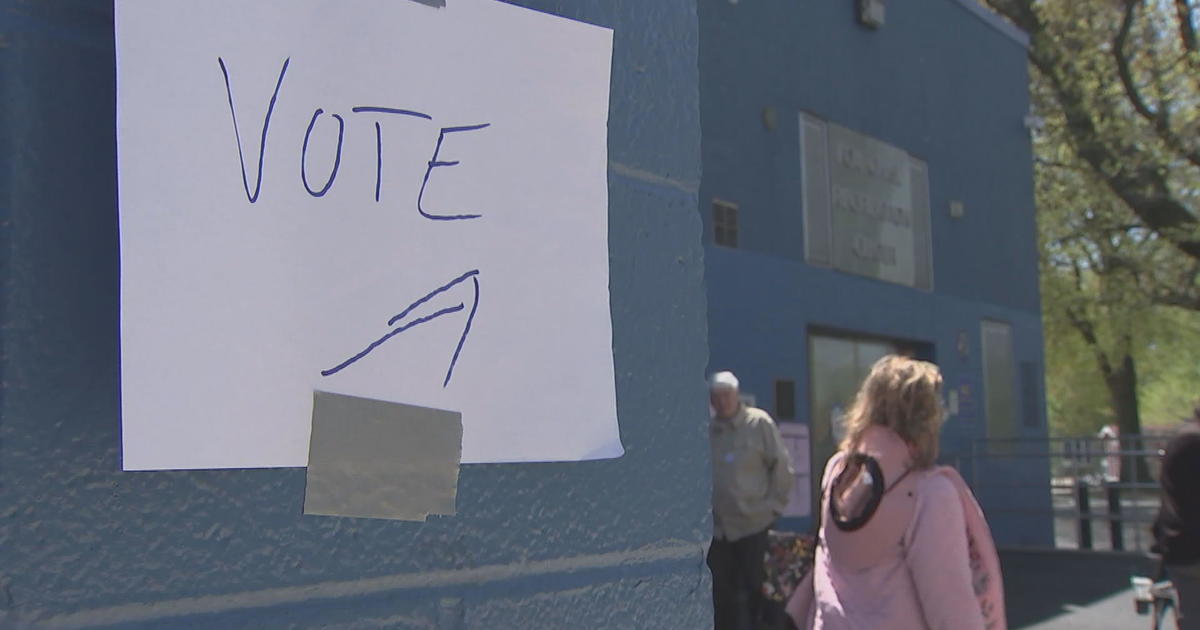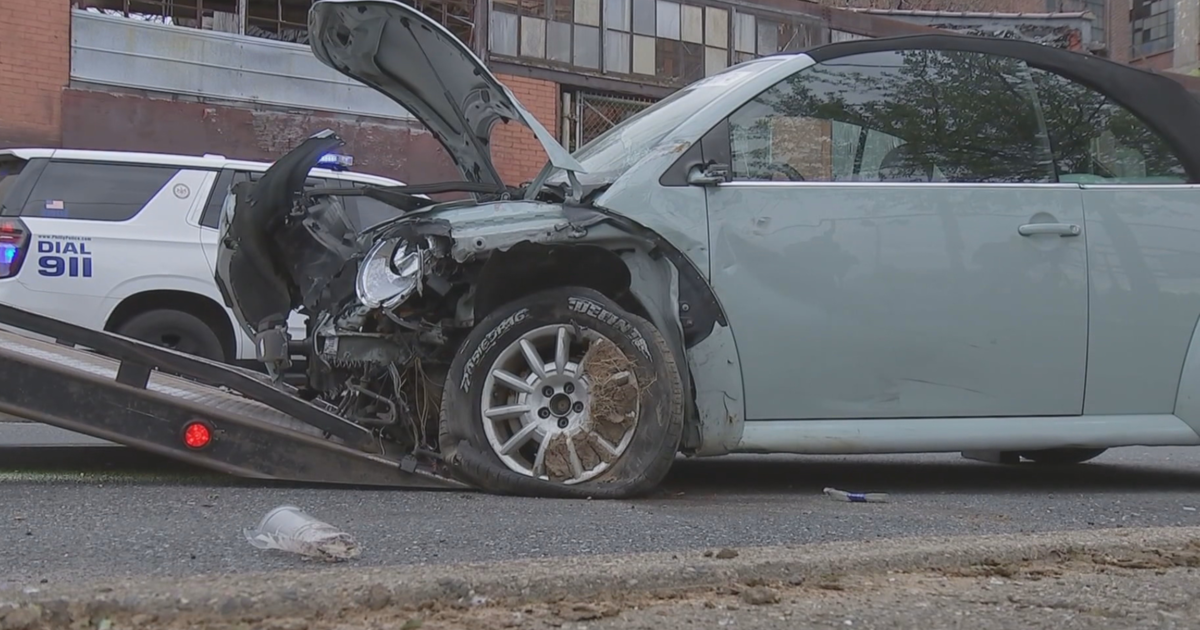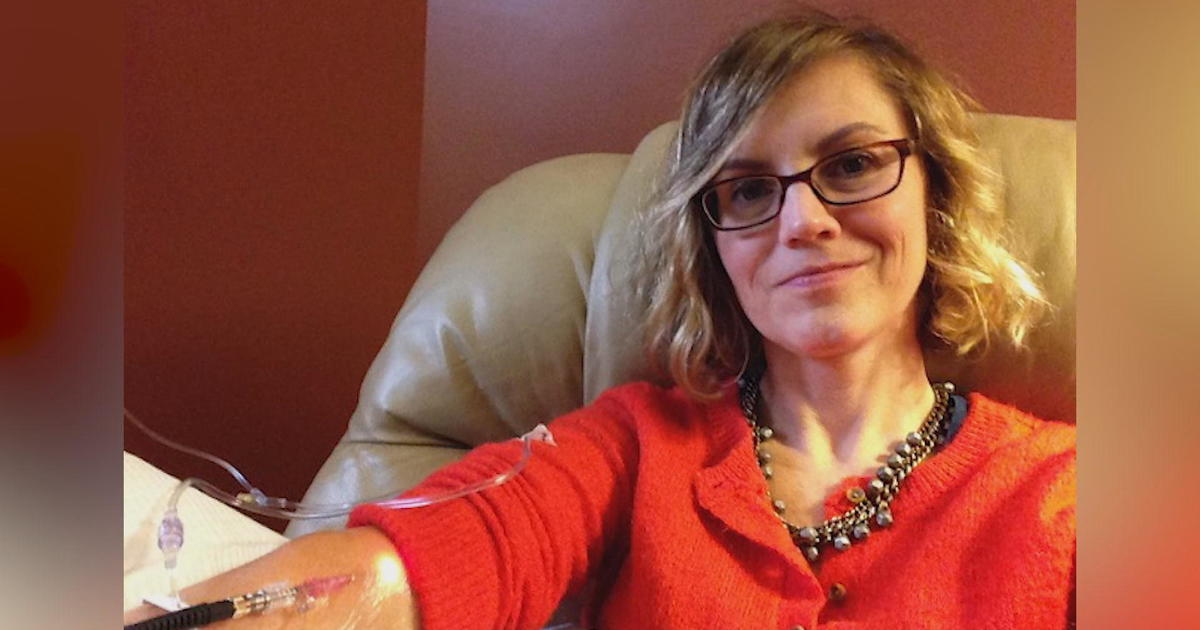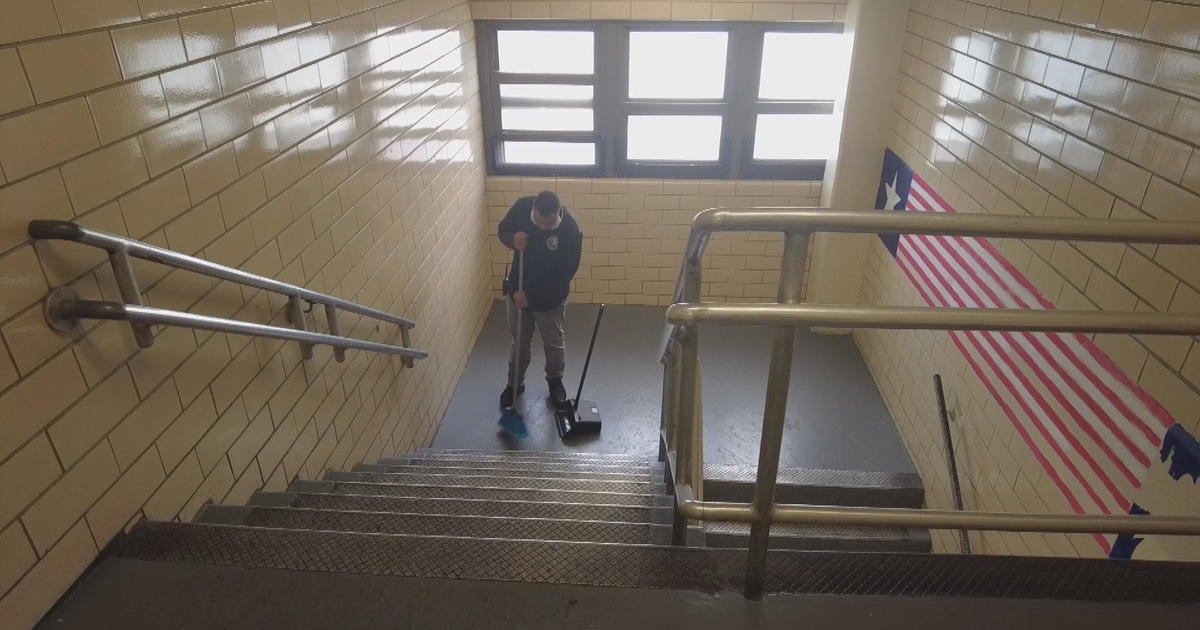Pennsylvania School Districts' Lawsuit Over State Funding Heads To Trial This Week
HARRISBURG, Pa. (AP) — A lawsuit that could result in drastic changes to how Pennsylvania funds public education goes to trial Friday in a Harrisburg courtroom, seven years after a handful of the state's districts first went to court to challenge a system they consider unfair.
The case centers on spending disparities among Pennsylvania's 500 districts and the comparatively low percentage of K-12 education that is paid for by the state government — the plaintiffs say it is about 38%, compared to 47% nationally. Spending figures and test scores are among a dizzying array of statistics and studies expected as evidence. The trial could last well into January.
The plaintiffs, a handful of districts in neighborhoods with comparatively lower property values and family income, argue the reliance on property taxes and what they consider inadequate state subsidies means richer districts spend much more per student, calling it "a system of haves and have nots." The result is that underfunded districts are more likely to have larger class sizes, less qualified faculty, outdated textbooks and other shortcomings, they claimed in the 2014 complaint.
But Republican legislative leaders, who are defendants in the case, say Pennsylvania's educational spending compares favorably to other states and student achievement backs them up.
"Petitioners misleadingly attempt to create a dystopian view of Pennsylvania's education system, referring to the purportedly 'dismal state of public education in Pennsylvania' and warning that 'without a change of course, the future is bleak," wrote attorneys for House Speaker Bryan Cutler, R-Lancaster, in a June pretrial filing. "Such grave assessment is disconnected from the actual facts."
The trial, expected to take several weeks, pits six districts, several parents, the state conference of the NAACP and the Pennsylvania Association of Rural and Small Schools against the governor, Education Department, education secretary, state Board of Education and the highest-ranking Republican leaders of the House and Senate.
Senate President Pro Tempore Jake Corman, R-Centre, one of the defendants, said in a statement last week that the Legislature has always "met our constitutional mandate to provide a thorough and efficient system of public education."
He said the most recent budget raised K-12 education spending by $300 million, and noted the state has received billions in pandemic relief funds designated for schools.
"Pennsylvania currently ranks 7th in the nation in terms of per-pupil spending on education, and school districts are sitting on reserves totaling approximately $4 billion," Corman said. "The idea that the Legislature isn't properly supporting public schools is patently false."
Lawyers for Cutler, another defendant, wrote in a June filing that school spending disparities "are not due to the state spending an unusually (let alone unconstitutionally) small amount of on education in lower-wealth districts, but rather because some high wealth districts simply chose to raise and spend large amounts of local revenues to support their public schools."
The lawsuit does not seek a specific dollar amount or a particular means of funding schools. No matter which side prevails, an appeal to the state Supreme Court is very likely.
Democratic Gov. Tom Wolf's spokeswoman said the administration has worked to increase school funding but said those efforts still weren't enough to fix "the various difficulties schools face."
"We acknowledge that the current system of school funding results in some districts whose per-pupil allocations are significantly lower than students in other districts, with resulting inequities in the current system," said Wolf press secretary Beth Rementer.
A June brief filed by lawyers for Wolf, Education Secretary Noe Ortega and the Department of Education said they did not intend to call any witnesses beyond those identified by other parties. It outlined increases in education spending under Wolf but said more was needed.
"Some schools still struggle with basic structural needs such as heat, asbestos remediation and building maintenance," the executive branch defendants wrote, adding that although "there is no checklist of items that make up an adequate education," it costs money to hire quality teachers and staff.
"Executive respondents believe that every child, regardless of income or zip code, has a right to an effective education, which includes effective educators," they wrote.
Mimi McKenzie of the Public Interest Law Center in Philadelphia, an attorney for the plaintiffs, said a ruling in their favor that the existing funding scheme is unconstitutional would put the issue before the Legislature with guidance from the court about what lawmakers should do.
"And the guidance will be that you can't have these wide disparities between districts," McKenzie told reporters late last week. "That you have to provide resources so that districts can get children college and career ready. That you can't have a system that relies so much on local wealth, such that our underfunded districts, they can't even tax themselves out of this situation because they're already paying relatively high taxes."
In July, the plaintiffs hailed a decision by the presiding judge, Commonwealth Court Judge Renee Cohn Jubelirer, that allows evidence that the existing system results in racial discrimination or has a disparate impact on racial or ethnic groups in terms of academic achievement, or what she called "spending gaps."
She rejected arguments by Cutler and Corman that that topic should be out of bounds because the lawsuit's original complaint had not contained explicit racial discrimination claims. Jubelirer sided with the plaintiffs' assertion that racial data reflects realities about the system and the data is needed to analyze its fairness.
The districts and other plaintiffs argue that inadequate state support violates the state constitution's Education Clause, which requires lawmakers to "provide for the maintenance and support of a thorough and efficient system of public education." They also cite the constitution's Equal Protection Clause, saying the system represents an irrational discrimination against children in districts with fewer financial resources.
The case had been dismissed by Commonwealth Court, ruling that school funding was a political question that should not be resolved by the courts, but was revived in 2017 by the state Supreme Court.
All contents © copyright 2021 Associated Press. All rights reserved.



